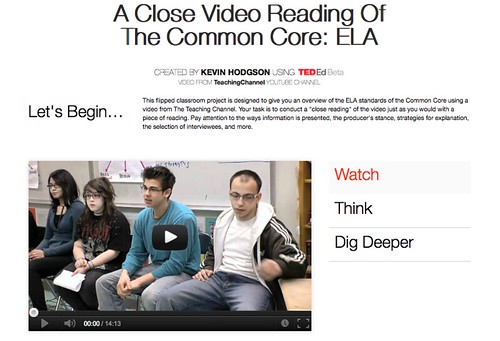
I’ve been through my fair share of Stephen King in my lifetime, and I have mostly enjoyed his stories. There are plenty of critics who take pot shots at him from a variety of angles, but I have found that if I go into his novels with the mindset of “story” and maybe “scary story,” then I am fine. He hits all the right notes when he is on his game. When King’s On Writing came out, I bookmarked it but then never got around to picking it up until now.
It’s an intriguing look inside the mind of a popular writer, and there’s plenty of voice that comes through here, too, including his own pot shots right back at his critics. King has a lot to say about writing, but what I found the most interesting, to be honest, is the earlier sections where he talks about how broke into the world of writing. Mostly, it was through the support of his wife, Tabitha King (a writer in her own right), and On Writing does come across as sort of love letter to her. Never underestimate the support and ear of your spouse. There are also many threads of the horrific accident that happened to King one day, as he was walking down a rural road and was struck by a truck. Talk about mortality check.
The middle sections of On Writing go deeper into the art of writing, as King sees it, and those sections work fine, but the best piece of advice is this: read. A lot. Read a lot of books, and pay attention to style, development of ideas, character voice. If you want to be a writer, you need to notice the craft of writing, and you do that by reading.
Oh, yeah, and avoid using too many adverbs. King doesn’t like that — he thinks it is a writer, cheating. I’m sort of with him on that idea of avoiding too many flourishes and instead, stick to the story.
If you have any aspirations to be a writer, or if you are fan of King, or heck, even if you want a good read, On Writing is worth your time. (Check out some excerpts if you are interested.)
Peace (in writing),
Kevin






